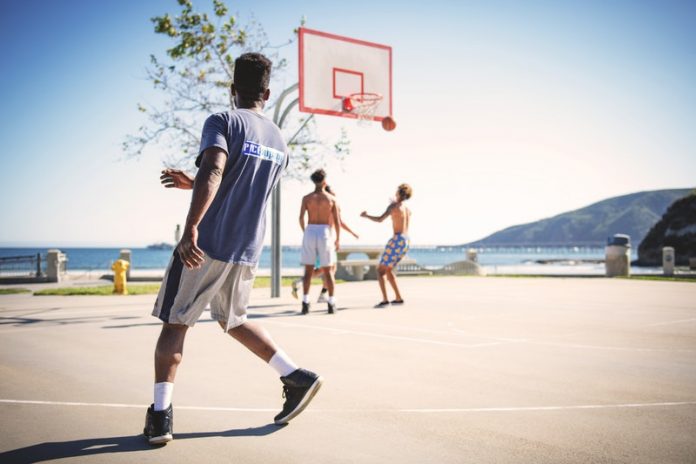
There have been many headlines in recent years about the potentially negative impacts contact sports can have on athletes’ brains.
But in a new study, researchers found that in the absence of injury, athletes across a variety of sports—including football, soccer, and hockey—have healthier brains than non-athletes.
The research was done by a team at Northwestern University
In the study, the team examined nearly 1,000 participants, including approximately 500 Northwestern Division I athletes.
They found that athletes have an enhanced ability to tamp down background electrical noise in their brain to better process external sounds, such as a teammate yelling a play or a coach calling to them from the sidelines.
This means that playing sports can tune the brain to better understand one’s sensory environment.
The team says a serious commitment to physical activity seems to track with a quieter nervous system
And perhaps, if people have a healthier nervous system, they may be able to better handle an injury or other health problems.
The findings could motivate athletic interventions for populations that struggle with auditory processing.
In particular, playing sports may offset the excessively noisy brains often found in children from low-income areas.
The team also found like athletes, musicians and those who can speak more than one language also have an enhanced ability to hear incoming sound signals.
However, musicians’ and multilingual’ brains do so by turning up the sound in their brain versus turning down the background noise in their brains.
The lead author of the study is Nina Kraus, the Hugh Knowles Professor of Communication Sciences and Neurobiology.
The study is published in Sports Health: A Multidisciplinary Approach.
Copyright © 2019 Knowridge Science Report. All rights reserved.



